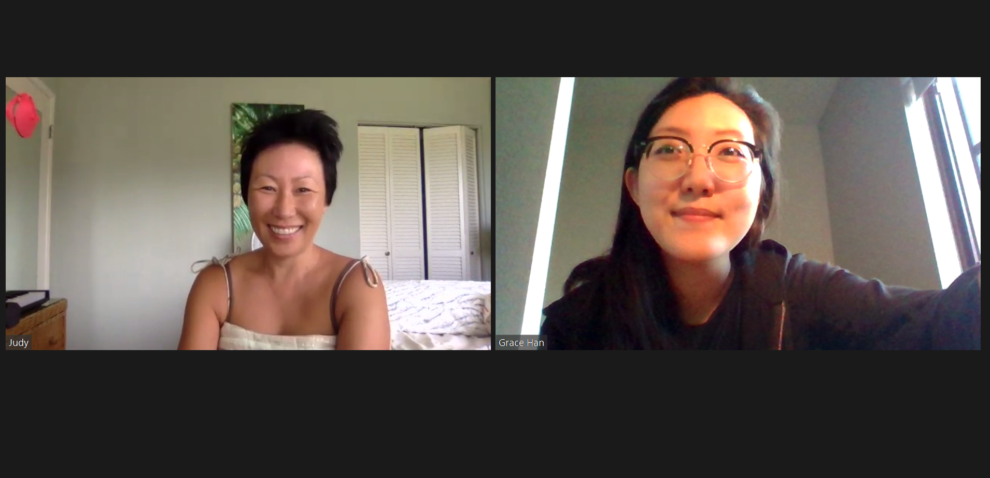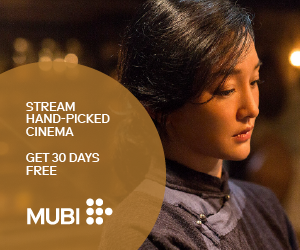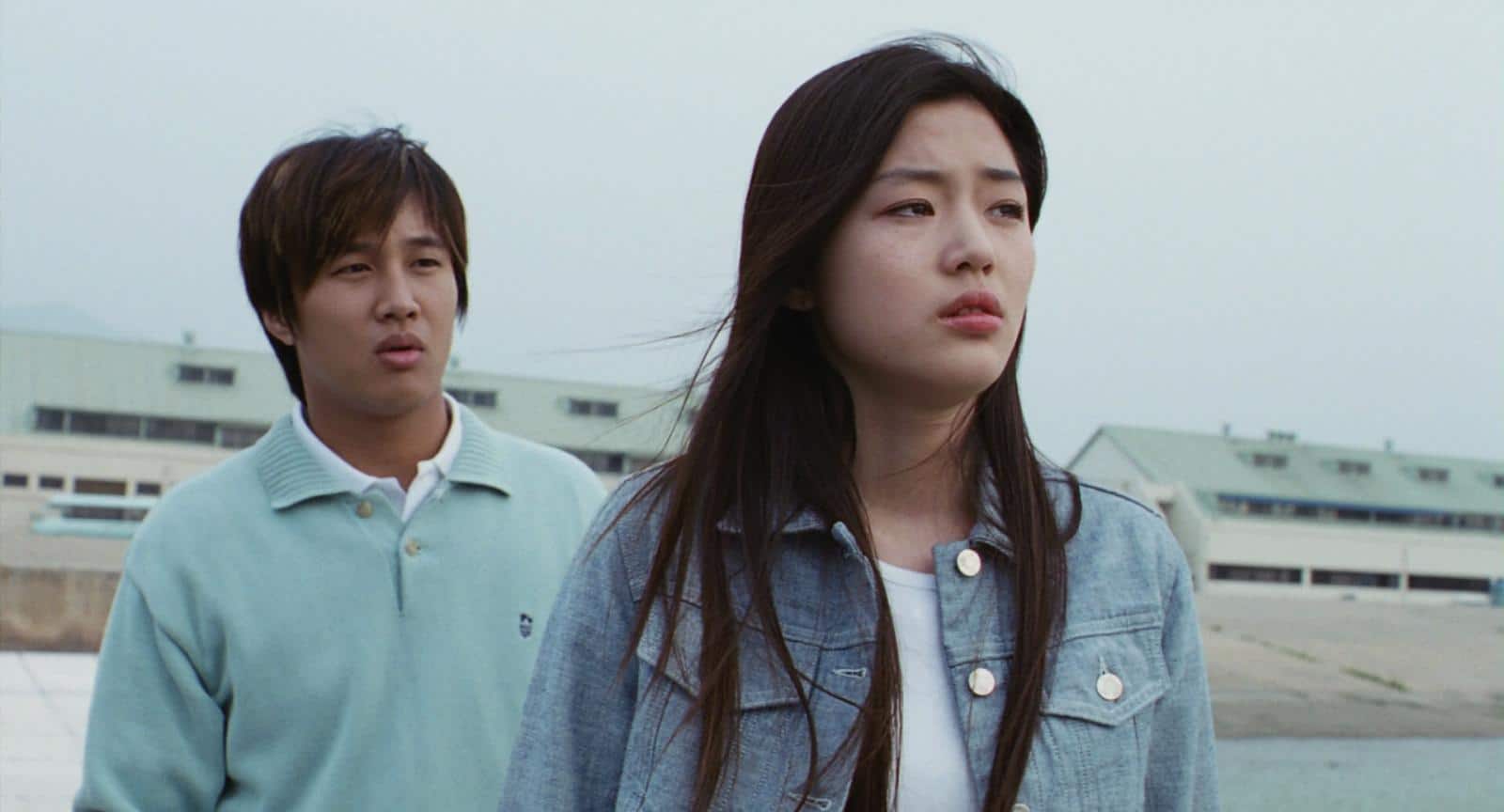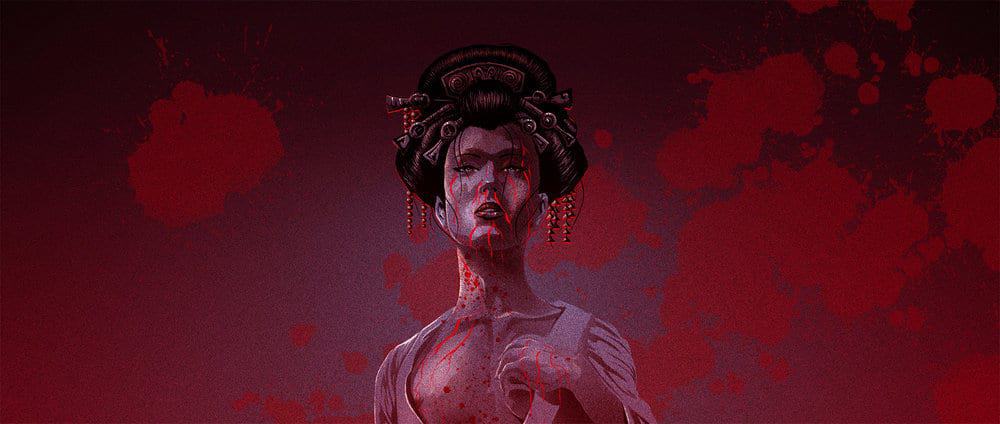Judy Jean Kwon — actress, comedian, director, producer, editor, and even mother — is the mastermind behind “MILFriend,” a web series parodying motherhood on Venice Beach. The series follows Pepper (played by Kwon herself), a contrarian middle-aged woman. As she navigates her contemporary social circles, however, she has to duck and dodge the ridiculous extremes of Karen-world: one where pregnant yoga sessions, hip coffee shops, and literal clownery weave themselves into the everyday routine of gentrification. “MILFriend” walks the fine line of, well, all the fine lines; like a Foucault-ian heterotopia, pokes fun at the socioeconomic complexities encroaching upon what once used to be home.
We “sit down” with Kwon over Zoom (Kwon in Hawaii, myself in California!) to pick up the behind-the-scenes scoop on “MILFriend.” We end up dipping our feet in the talk of the times, from identity politics to gentrification to online streaming. You can view the full series here.
Let's start with the basics. What inspired “MILFriend”?
When I first started writing [MILFriend], I imagined a white audience. I think we're all indoctrinated – especially in America and the Western world – where we have the white elite telling the stories. So naturally, I imagined Pepper as a white woman in the beginning. And then I realized – “What am I doing?” People say you should write what you know — they want diversity — so I thought, let me just write it from my point of view, and then the project started to take on more nuance. It felt more authentic. When trying to write for a “white” audience, I realized it didn't feel right. I was one step removed; it's like I'm making things up, rather than writing from a point I know. I don't know how it feels to be white, after all.
Usually, when people write their first script, they veer towards drama and other heavy material about their past. I already did that, so I wanted to write something fun – and something I wanted to see – and something I knew about. I just had a kid, and living in West L.A. – you just see so many crazy moms, especially from a Korean perspective. There was just so much story behind all of it. I wanted to write about relationships between women, and about gentrification. The city of Venice in particular has changed drastically. I also wanted to do something different from what we usually see. Projects by Asian-Americans tend to be more arthouse or martial arts heavy. I wanted to do something fun and raunchy, something fabulous, something I don't have to explain. I think that when people of color try to write their story, there is so much explanation about their culture for, well, a white audience.
So I decided, “Forget it, I'm the audience, I don't need to explain anything.” I wanted to write something where I could assume that I'm the audience. The premise was to have fun, and to make fun of everybody. (laughs) It is a comedy.

I found it really compelling that your web series decenters itself from whiteness. Your show also really tackles this issue of identity, and of intersectionality — of being an affluent mother, for an example, of being a single Korean-American, and so on. Could you speak a little more about that?
The whole show's theme is really about finding a sense of belonging. There's no way Pepper can actually afford a house – but it's symbolic of looking for a place to belong. I personally have never felt I really belonged anywhere in America, especially as a Korean-American — well, I just settled in Hawaii, so hopefully I'll get some sense of belonging soon (laughs) — but I always felt like I was on the outside looking in. This makes more like an artist, since I'm more observant of what's going on. Pepper, all the characters – they're all just looking for a place to belong.
That's really insightful and incisive. Could you speak more to that, and how the show belongs in today's political climate?
I started to write “MILFriend” before BLM, #MeToo, #OscarsSoWhite. #OscarsSoWhite happened right after I wrote this. [MILFriend] is all a reaction, a personal frustration with the system. When I finished the first several cuts, I invited a couple of people to screenings to get reactions. The reactions were very different from what I'm getting today. I had great responses from POC but not white women and their supporters. This was before the whole Karen movement, so I got into quite a bit of trouble with white women. But now, the whole world has changed overnight. Now, everyone else is finding it funny too. I'm just doing my thing, I'm putting it out there, and whatever happens, happens. I just want to speak my truth.
As you say, your work is unprecedented. Do you have any role models that you look up to?
You have to check out “Absolutely Fabulous.” It's a British TV-show about these two middle-aged women who are absolutely loaded and they just get drunk and are irresponsibly having fun while the daughter takes the role of the adult. I love the cynicism. I wanted to invoke that sort of humor. I'm also a huge fan of “I Love Lucy.” This a show I used to watch with my grandmother, who didn't know any English – but she would just crack up every time we watched it together.
Conversely, is there any convention that you push back on?
Diversity to me is not just having one group of people on-screen. One show could have all Asian people, or all Latinx people – it's just so weird, like – do they not see their neighbors across the street? But diversity to me is when everyone mixes together. Hence “diversity.”
On the other hand, Pepper is so extreme to one side because it is about her relationships to other women, rather than to men. Relationships between women can be full of nuance, but also misunderstanding. Pepper is a tomboy, but when she has a baby – she has to get along with the other moms. In a way, Pepper's definitely an antihero. She has a long journey to go to get to the other side.
And gentrification?
The first scene in the coffeeshop – that was my friend's coffeeshop that was there for 25+ years — and then we shot the scene right before the store was shut down because of gentrification. It's now some sort of chai tea place, this little hip tea joint. I think that's a huge thing that younger people don't notice, or even understand — what gentrification even means — since they're just looking at what is ‘in' or not. As an example, gentrification is a mom-and-pop Korean restaurant that disappears after a wealthier body, usually white/white-cultured/hip, comes in with the same menu, makes smaller portions, raises the prices, and make it look “cool” and kick out the mom-and-pop restaurant. Gentrification is when the gentleman-class, the “gentry” makes [an area] comfortable for the middle/upper middle class and kick out the poor.
As someone who has been a part of the Hollywood, what do you make of the film industry's role in L.A. — which is arguably one of the city's main, if not most visible, gentrifying agent?
I never thought about it, but maybe that's why I'm fighting them (laughs)
Just shifting gears a little – what went on behind-the-scenes? Did you face any challenges with production?
As an independent filmmaker, you need a village. I did have a village, but the village is a lot of begging. My partner and I have both been in the business for a long time 20+ years; he's a cinematographer and a director and me, as an actress. We didn't get any studio funding, so a lot of this was done out of pocket. We had to ask a lot of favors. Being an independent production, I ended up doing a lot of the editing and sound design. This stretched all of our own talents. The hardest part is getting white gatekeepers to look at your project without their own indoctrinated bias.
Is that why “MILFriend” is on Youtube, versus other platforms?
Originally, we planned to launch on Elizabeth Bank's platform, and then COVID happened. There were delays. We wanted to get this out before elections because it is a timely piece.
And the 3-5 short format?
We were originally targeting 3-5 minute episodes, since we originally wanted this on QUIBI. We had heard rumors that QUIBI was releasing things in short web series format, but they wanted 10+ minute episodes and were focused on big time directors [who would spend] millions on their projects. Instead of helping [independent] filmmakers like myself, they were choosing to the same old Hollywood thing. Well, QUIBI tanked. We wanted to keep the episodes short still, since everyone just watches everything on their phones anyway. I don't want to watch a 22-minute show on my phone. I think a lot of moms especially watch videos on their phones, since we're driving the kids around, waiting for them, watching stuff on our phones. 3-5 minutes is this sweet spot, especially for parents.
Great! And I guess, just one last question. Our conversation has a lot of highs and lows, ruminating on more serious issues at hand. But “MILFriend” is a comedy at the end of the day, so… do you have any last words of encouragement?
For the Asian-Americans getting into the business: there's no guarantee how far you will go. Keep your options open, and be international! Travel around, and see what's out there in Asia. If Hollywood doesn't change their ways soon, the rest of the world will catch up. Follow your heart, and be smart about it.
















